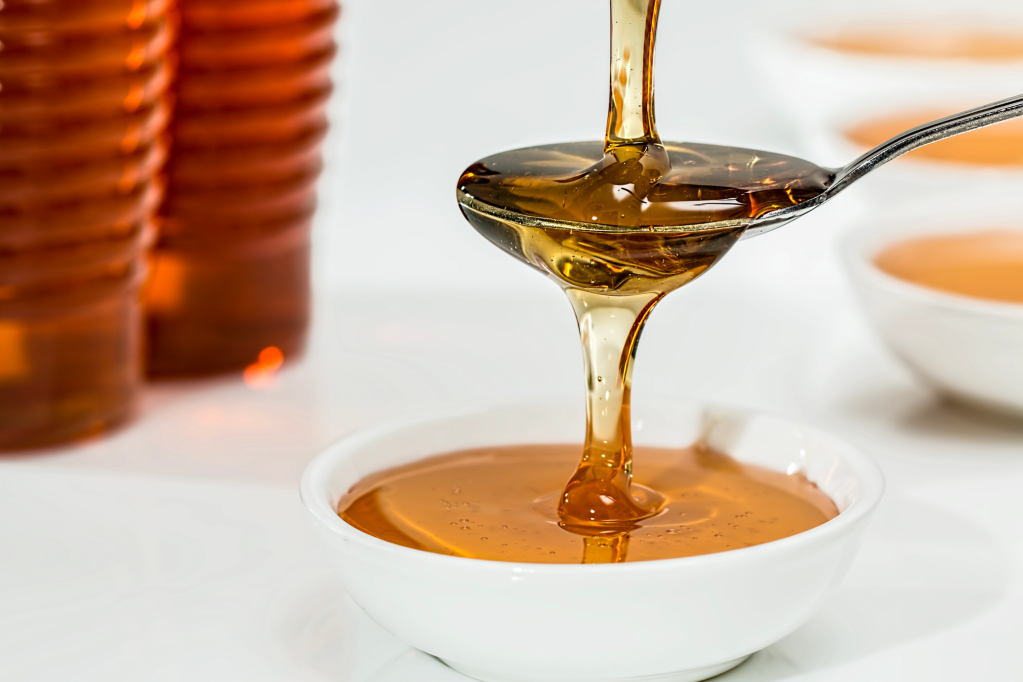
By Sarina Lin, UC Davis Healthy Aggies Coordinator
“Eating local honey will help your allergies.” Heard of this statement? As a person who has seasonal allergies, I heard from a young age that eating local honey would help with allergies. I believed in this statement growing up, but as I grew older, I started to think about the mechanisms of how honey helps with allergies. I decided to look up why it helps, and to my surprise, I found that it was a myth.
Unfortunately, eating honey does not help with seasonal allergies. Many studies have been conducted and the majority of studies agree that honey does not help with allergies. In theory, honey, which is made from pollen, is supposed to help the body grow more immune to pollen so that the body does not have an allergic reaction. This theory is not true because the pollen that people are typically allergic to are not used to make honey. The pollen that is used to make honey are from wildflowers, but the pollen that people are allergic to are from trees, grass, and weeds. Studies have shown that there was no improvement of symptoms in people who had consumed honey. Commercial honey is processed and contains an unknown amount of pollen anyway, and it would be hard to adjust for dosage and measure effectiveness. Unprocessed, local, raw, honey may contain contaminants such as mold, and bacterial spores. Be sure to choose a reputable vendor.
Are there any foods that would help treat seasonal allergies then? Consuming foods with anti-inflammatory properties, such as ginger and fish with omega-3 fatty acids, may help with symptoms. Although there are no foods that act as a direct cure for allergies, adopting a balanced, healthy diet can improve your symptoms.
